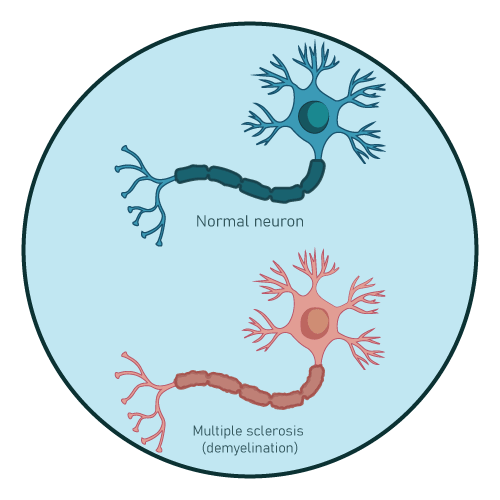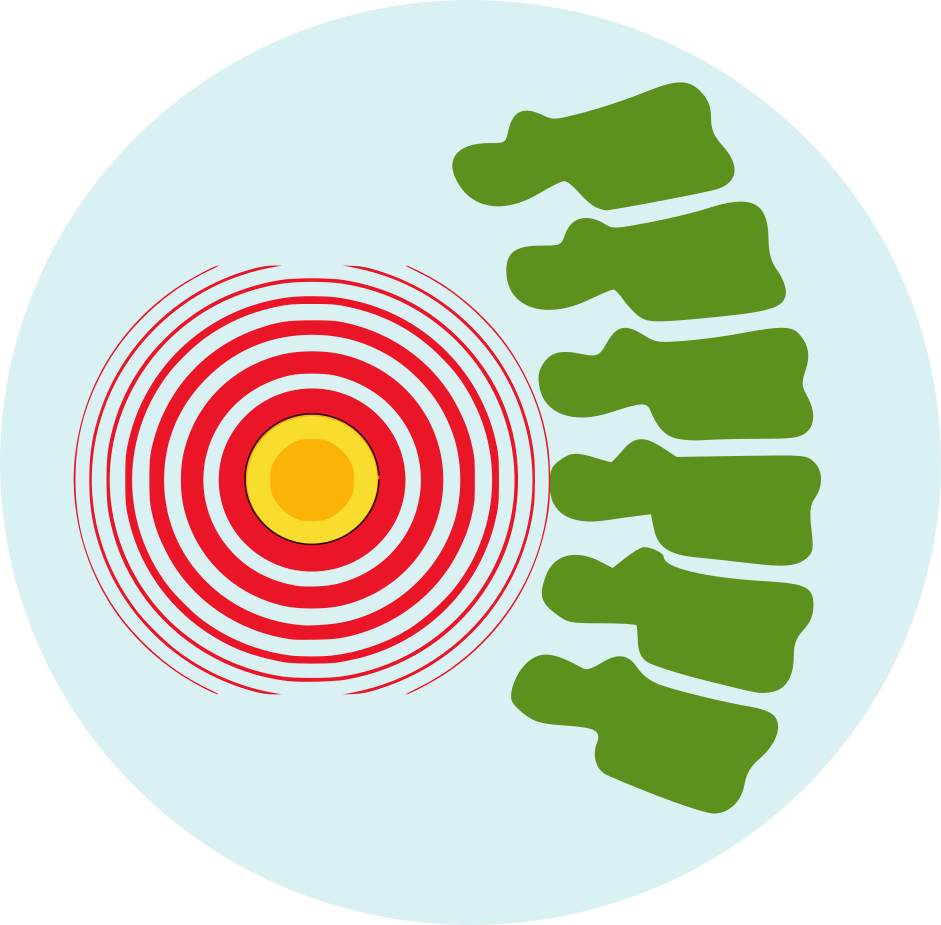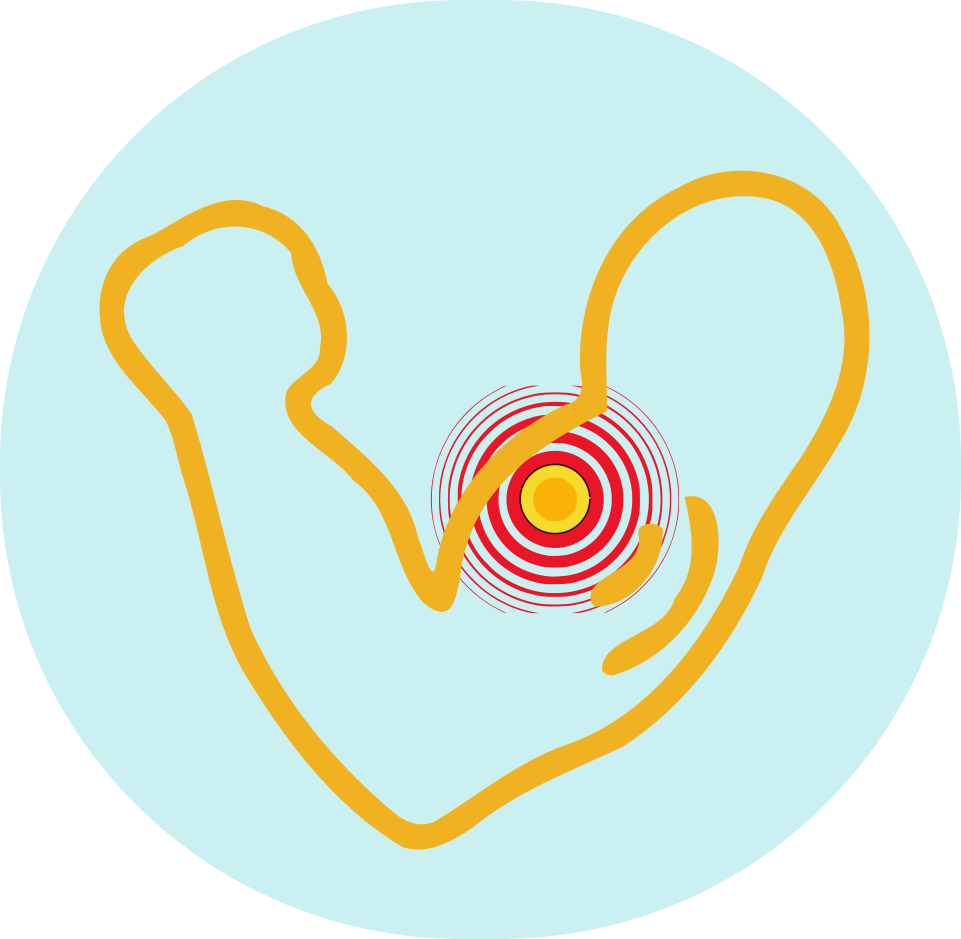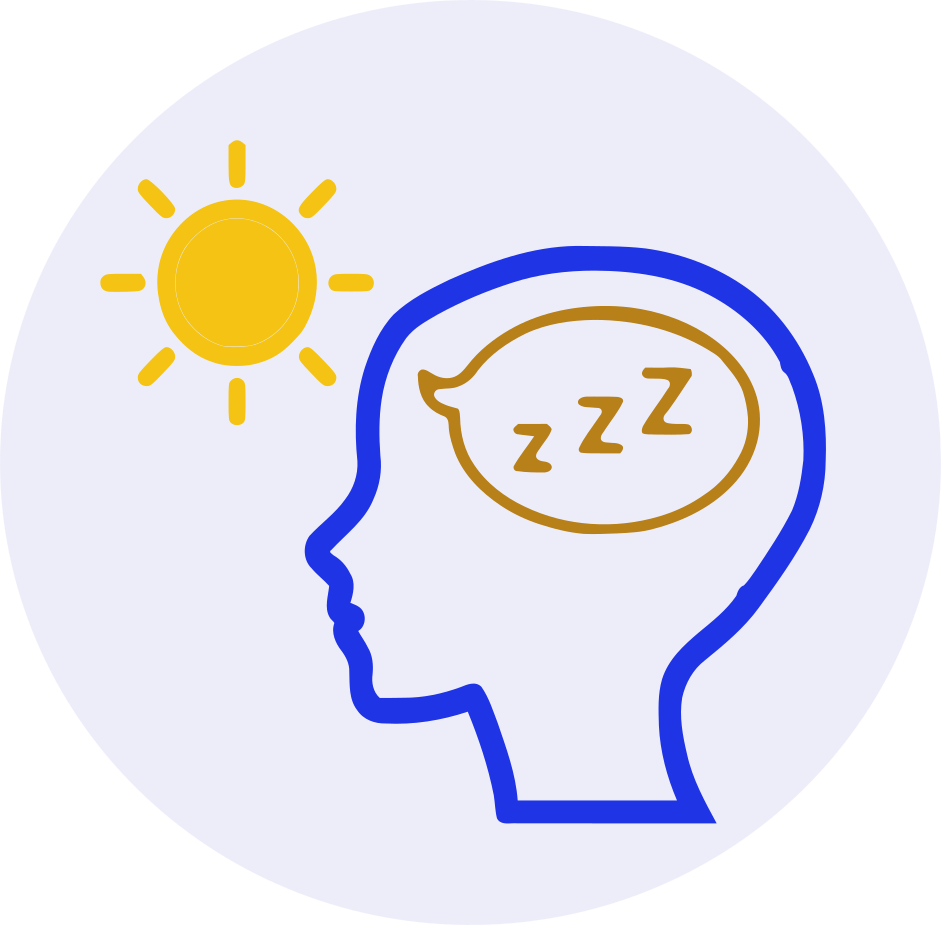| Name | Tizanidine |
| Classes |
Central Nervous System Agent Muscle Relaxant Skeletal Muscle Relaxant |
| Diseases |
Muscle Spasm Neuromascular Disorder |
Tizanidine
Tizanidine is a prescription medication classified as a centrally acting alpha-2 adrenergic agonist. It acts by binding to alpha-2 adrenergic receptors in the central nervous system, leading to inhibition of motor neurons and reduction of muscle tone. Tizanidine is primarily used as a muscle relaxant to alleviate muscle spasms and improve muscle function.
Tizanidine is indicated for the management of spasticity associated with conditions such as multiple sclerosis, spinal cord injury, and other neurological disorders. It is used to relieve muscle spasms and increase mobility in patients with spasticity.
The dosage and administration of Tizanidine may vary depending on the individual patient's condition and response. The recommended starting dose is usually 2 mg taken orally two to three times daily. The dosage may be gradually increased under medical supervision, up to a maximum daily dose of 36 mg. It is important to follow the prescribed dosage and the instructions provided by the healthcare professional.
Common side effects associated with Tizanidine may include:
- Dry mouth
- Drowsiness or sedation
- Dizziness or lightheadedness
- Weakness or fatigue
- Hypotension (low blood pressure)
- Nausea or vomiting
- Constipation
- Abnormal liver function tests
Before initiating treatment with Tizanidine, the following precautions and warnings should be considered:
- Hypotension: Tizanidine can cause a significant drop in blood pressure, leading to dizziness or fainting. Patients should be cautious when changing positions, particularly from lying or sitting to standing. Blood pressure should be monitored regularly, especially during initial dose titration.
- Liver Function: Tizanidine has the potential to cause hepatotoxicity, including elevated liver enzyme levels. Patients with pre-existing liver dysfunction or a history of liver disease should be closely monitored during treatment. Discontinue the medication if signs of liver injury, such as jaundice or abdominal pain, occur.
- Sedation and Drowsiness: Tizanidine may cause sedation and drowsiness, which can impair mental and physical abilities. Patients should exercise caution when driving, operating machinery, or engaging in activities requiring alertness until they know how the medication affects them.
- Drug Interactions: Tizanidine may interact with other medications, including those that act on the central nervous system, such as sedatives, opioids, and certain antihypertensive drugs. Concurrent use of these medications may enhance the sedative and hypotensive effects. Close monitoring and appropriate dosage adjustments may be necessary when using Tizanidine in combination with other drugs.
Contraindication
- Tizanidine is contraindicated in patients Known hypersensitivity or allergy to Tizanidine or any of its components.
- Concurrent use with potent CYP1A2 inhibitors, such as fluvoxamine or ciprofloxacin, due to the risk of significant increase in Tizanidine levels.
None known.
None Known.
 Bangla
Bangla English
English





